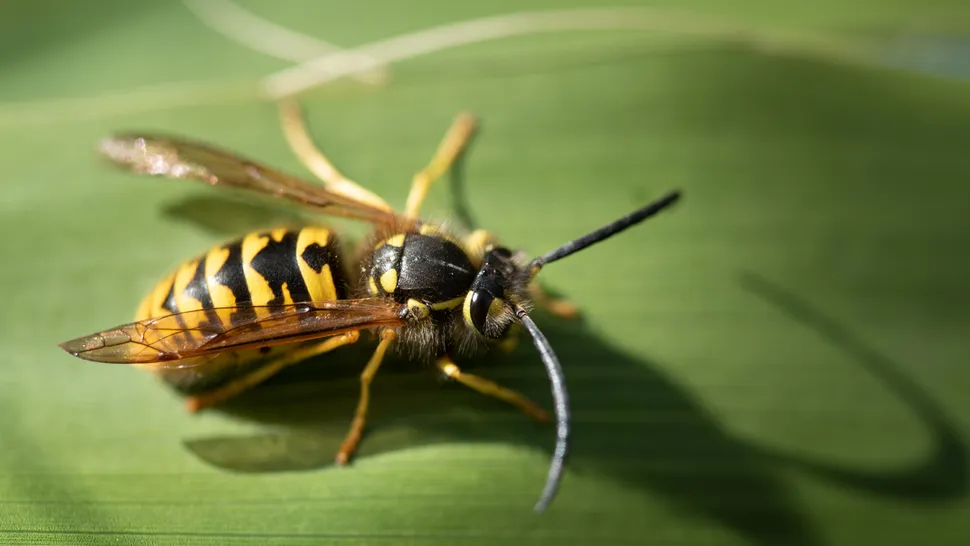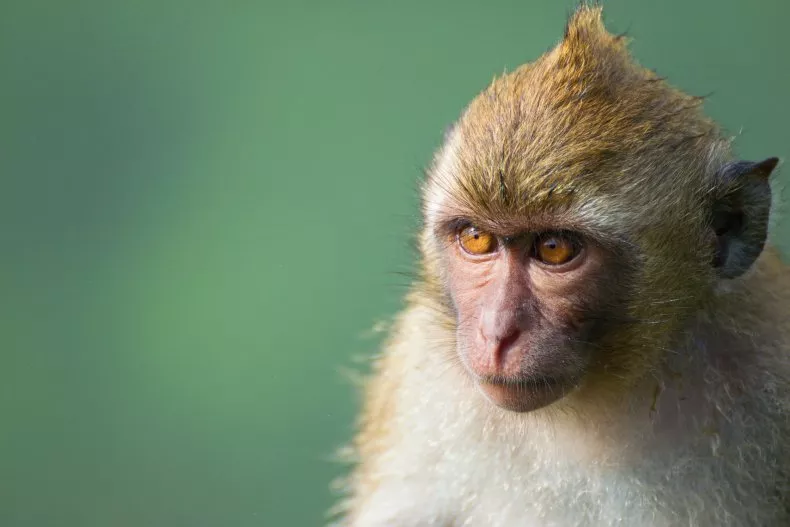In a surprising discovery, Customs and Border Protection inspectors at Dulles International Airport recently encountered two exotic insects not typically seen in the Washington, D.C. area. On October 7, during a routine inspection of a flower shipment from South Africa, officials identified two potentially harmful species that could pose significant threats to local agriculture.
Source: DC News Now/YouTube
The shipment, containing protea and chamelaucium cut stem flowers, was en route to King George County, Virginia. The exotic insects, identified as Caprhiobia sp. (Lygaeidae) and Oxycarenus maculatus (Protea seed bug), are both native to South Africa and known to cause considerable damage to vegetation and important crops.
Caprhiobia sp., also known as a plant bug, has a voracious appetite that can lead to extensive vegetation damage. This marked the first reported occurrence of this species in the Washington region.
Meanwhile, the Oxycarenus maculatus, identified as the Protea seed bug, had not been spotted in the area for 40 years. This bug is also a serious threat to agricultural systems due to its damaging impact on seeds.
Marc Calixte, the CBP Area Port Director for the Area Port of Washington, D.C., emphasized the significance of these findings, stating that such invasive insects “pose a severe threat to our agricultural industries and to our nation’s economic security.”
The insects were safely contained and have been sent to an insect specialist at the Department of Agriculture for further examination.
These incidents highlight the critical role of Customs’ agricultural inspection processes at major international gateways like Dulles.
They serve as a reminder of the ongoing vigilance required to protect U.S. agriculture from invasive species that hitch rides on international shipments.
This discovery underlines the interconnected nature of global ecosystems and the constant potential for ecological disruptions due to international trade.
This article by Nicholas Vincent was first published by One Green Planet on 13 December 2024. Image Credit :Nyu Gallery/Shutterstock.







Leave a Reply